Russia misses out while former drug cheats take their place in Rio
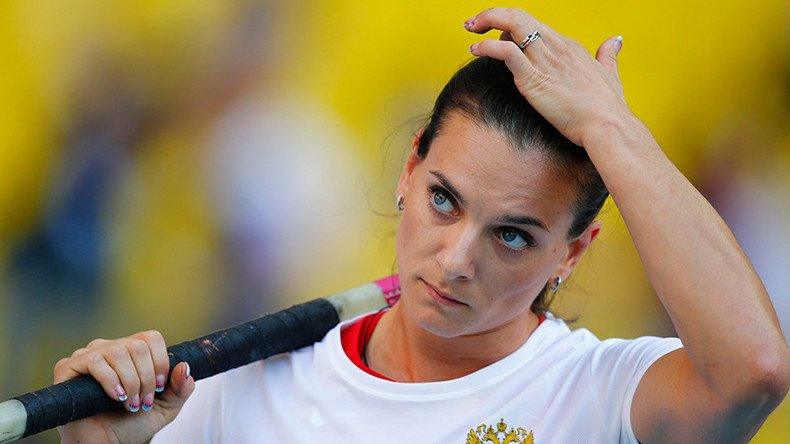
While Russia’s track and field team, including athletes with no doping history, sit out the Rio 2016 Olympic Games, there's a host of athletes who will be allowed to compete in Brazil despite having had their own issues with banned substances.
In addition to International Association of Athletics Federations (IAAF) decision to ban entire Russian track and field team from Rio Olympics (with only one exclusion – the long-jumper Darya Klishina, who lives and trains in USA), the International Olympic Committee (IOC) stated that Russian athletes with any doping history will not be allowed to compete in Rio, even if they have served a penalty.
Here's a look at some of the drug-tainted athletes from other countries, who meanwhile will be able to take their place in Rio:
Tyson Gay
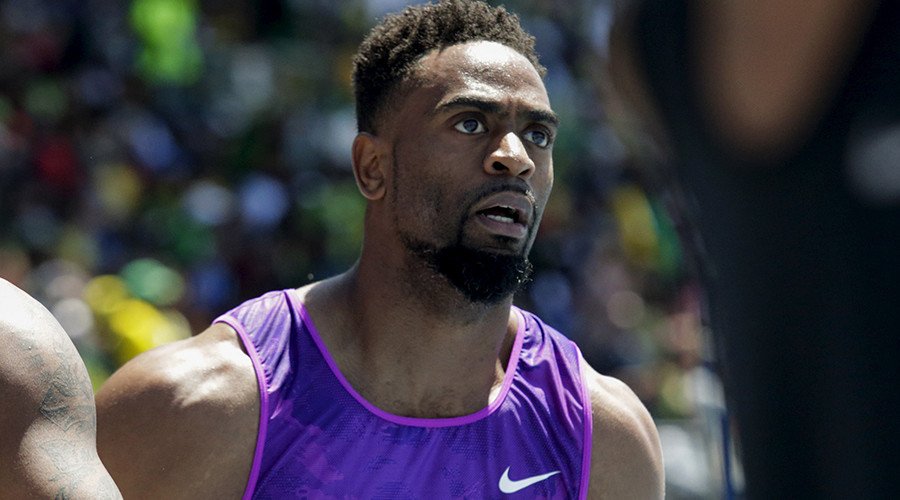
The American sprinter tested positive for a banned substance in May 2013. Gay admitted doping, but blamed it on an unspecified third party.
He was stripped of his silver medal from the London 2012 Games and banned until June 2014, but is chasing Olympic glory this summer.
Justin Gatlin
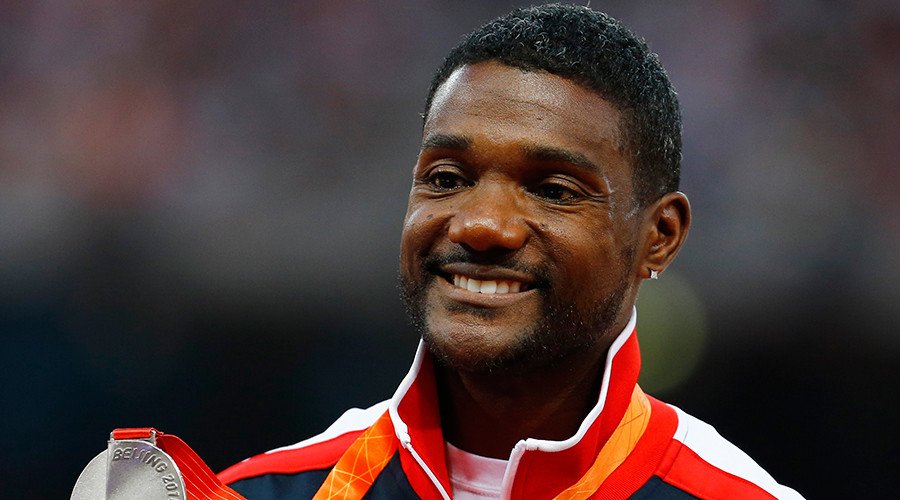
The 2004 Athens gold medalist has twice served bans after testing positive for a banned substance.
In 2001 he was suspended for two years, later reduced to one year on appeal, while in 2006, he incurred a four-year ban.
Gatlin returned to the track in 2010, and in June 2012 recorded a time of 9.80s - the fastest-ever time for a man over the age of 30.
Marin Cilic
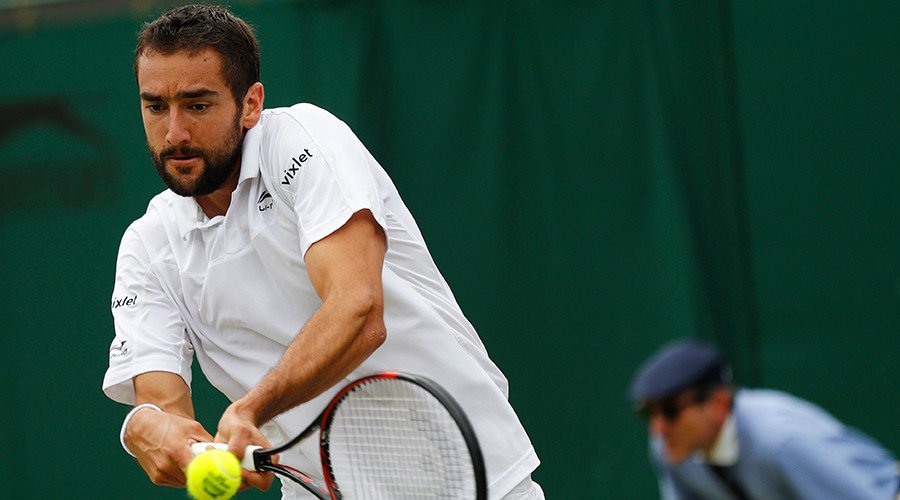
The Croatian tennis star was banned in 2013 after traces of Nikethamide were found in a urine test.
Cilic argued someone from his team bought Coramine glucose tablets at a pharmacy and as a result an independent tribunal found that he did not intend to enhance his performance.
The suspension ran until February 2014 and he returned to the game to claim the US Open title the same year.
Yelyzaveta Bryzgina
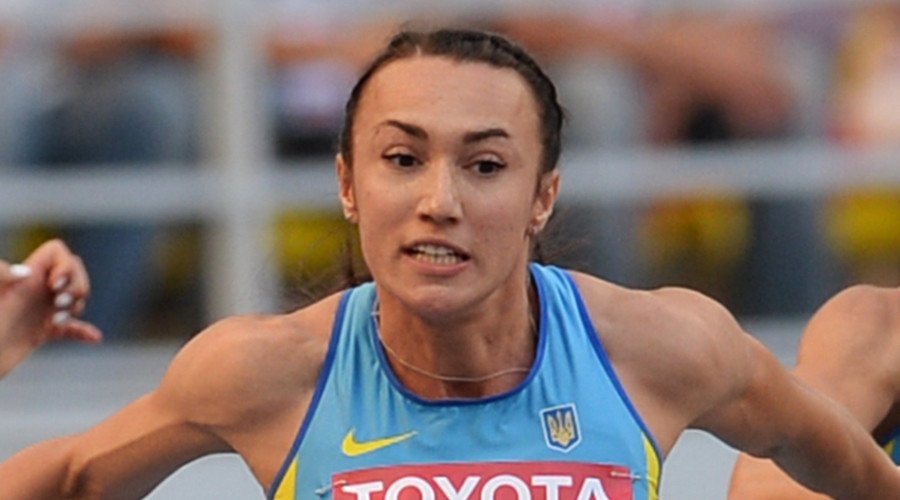
The Ukrainian sprinter served a two-year doping ban for steroid abuse from 2013 to 2015, but has since returned to action and will compete in Rio.
Sun Yang
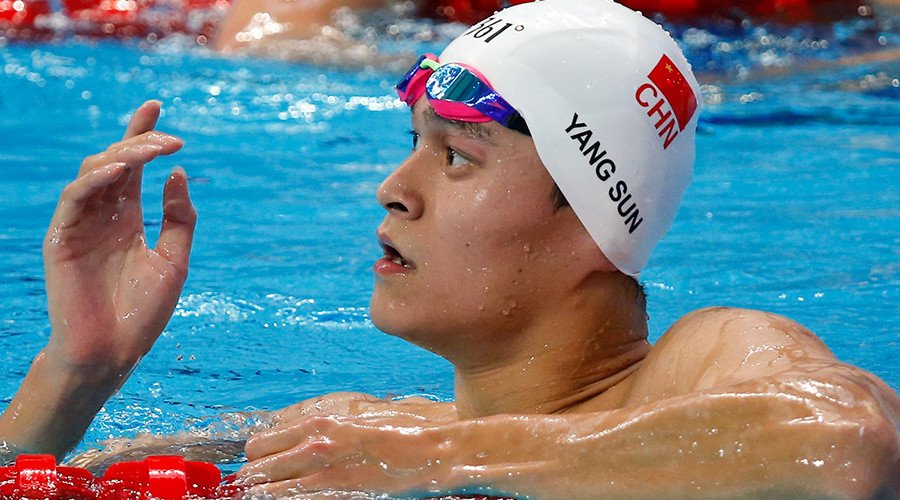
In May 2014 Yang tested positive for the banned stimulant Trimetazidine and was banned for just three months by the Chinese Swimming Association.
He will defend his 400m and 1500m freestyle titles in Rio.
Michael Phelps
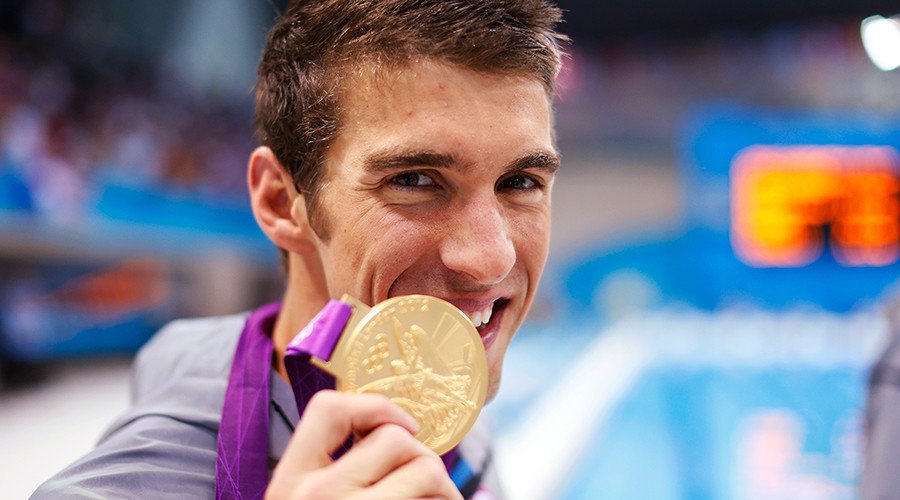
The legendary American swimmer was photographed smoking marijuana in 2009 and subsequently banned for three months.
He came out of retirement in 2014 and has since qualified to compete in Rio.
Yohan Blake
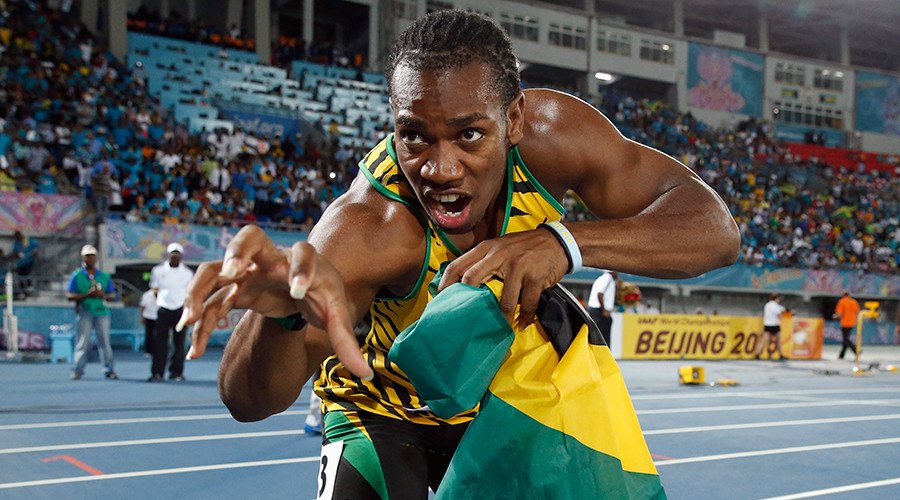
The Jamaican sprinter was once touted as the biggest threat to Usain Bolt, but a positive test ahead of the 2009 World Championships halted his progress.
He served a three-month ban and will compete in Rio, but is unlikely to threaten the big guns in Brazil.













